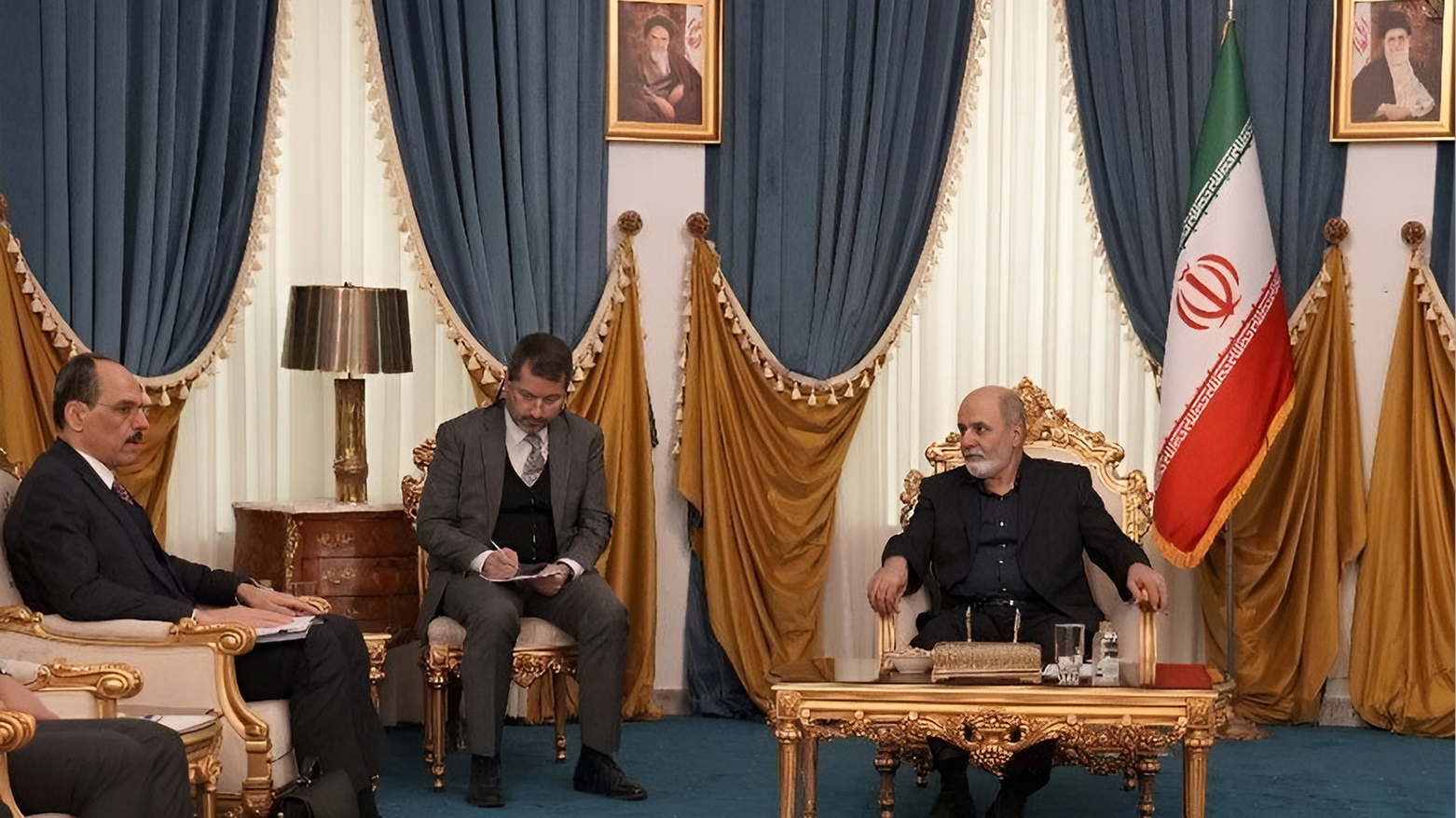Turkish Intelligence Chief Visits Tehran to Strengthen Counterterrorism Cooperation
According to the Turkish state-run Anadolu Agency (AA), the talks centered on combatting terrorist organizations, particularly the Kurdistan Workers’ Party (PKK)

Feb. 9, 2025
ERBIL (Kurdistan24) - Ibrahim Kalin, Head of the Turkish Intelligence Organization, held discussions with Iranian Intelligence Minister Esmail Khatib and Supreme National Security Council (SNSC) Secretary Ali Akbar Ahmadian, in Tehran, focusing on counterterrorism cooperation.
According to the Turkish state-run Anadolu Agency (AA), the talks centered on combatting terrorist organizations, particularly the Kurdistan Workers’ Party (PKK), which Turkey, the European Union, and the United States have officially designated as a terrorist organization. The meeting underscores Ankara’s strategic efforts to enhance regional collaboration in addressing security threats posed by the PKK.
High-Level Diplomatic Engagement
Kalin met with Iranian Intelligence Minister Esmail Khatib and Supreme National Security Council (SNSC) Secretary Ali Akbar Ahmadian to discuss joint counterterrorism measures. This engagement highlights the increasing of attention by Turkey and Iran to the importance of intelligence-sharing and cross-border cooperation in tackling security threats.
The discussions in Tehran align with Turkey’s broader regional security strategy, which involves pressing neighboring countries to take decisive action against PKK militants operating within their borders. Turkey views the PKK’s presence in Iraq and Syria as a direct threat to its national security and has repeatedly urged regional partners to intensify counterterrorism efforts.
Iraq’s Position on the PKK
Meanwhile, Iraq has also signaled its commitment to addressing the PKK’s presence within its territory. On Friday, Iraqi National Security Advisor Qasim al-Araji stated in an interview with Al-Arabiya that the government is actively working to remove PKK militants as part of its broader security strategy. This declaration aligns with ongoing efforts by Baghdad to maintain sovereignty and stability while balancing its relationships with regional powers.
Turkey’s Stance on PKK Presence in Syria
Earlier this month, Turkish Foreign Minister Hakan Fidan emphasized Ankara’s firm stance on PKK elements operating in Syria. Speaking in an interview with AA, Fidan stressed that the Syrian government must take decisive action by either expelling all foreign PKK members or eliminating their presence entirely. He argued that allowing the PKK to operate freely within Syria’s borders threatens the country’s unity and regional stability.
During a joint press conference with Iraqi Foreign Minister Fuad Hussein, Fidan reiterated that the PKK remains a significant threat to peace and security in the region. He referenced a recent attack on Iraqi border guards, orchestrated by the PKK, as evidence of the group's destabilizing activities. Fidan called for a unified regional stance against the PKK, urging closer cooperation between Turkey, Iraq, and Syria in addressing this common security challenge.
Regional Security Concerns and Counterterrorism Efforts
The PKK has been engaged in armed conflict with the Turkish state for decades. The organization has established operational footholds in northern Iraq and Syria, using these areas as bases for launching attacks against Turkish targets. In response, Turkey has carried out numerous military operations within Iraq and Syria, targeting PKK strongholds and infrastructure.
The geopolitical landscape of counterterrorism efforts in the Middle East is complex, with various state and non-state actors having divergent interests. While Turkey views the PKK as a fundamental security threat, Western countries have supported Kurdish groups in Syria affiliated with the PKK in their fight against ISIS, creating tensions in diplomatic relations.
The latest discussions between Turkish and Iranian intelligence officials indicate a strengthening of regional counterterrorism cooperation. Both countries have a shared interest in curbing militant activity within their borders.
As Turkey continues to push for regional allies to take a more active role in countering the PKK, developments in Iraq and Syria will be crucial in shaping the future of counterterrorism strategies in the Middle East.